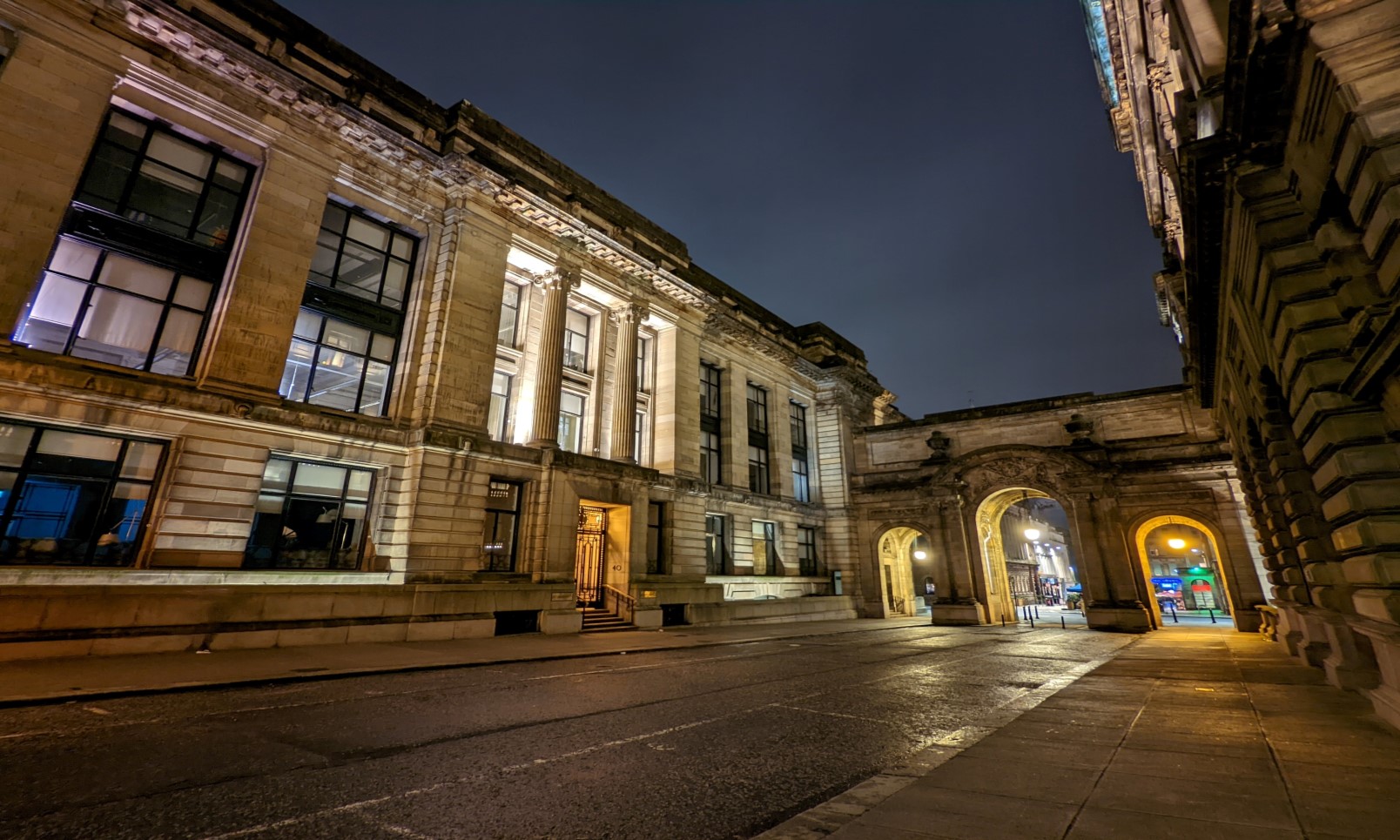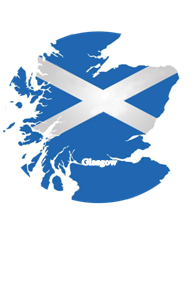Since the change of regulations applying to special event stations in the UK, many activations are now able to go ahead. UK amateurs would like to thank Ofcom for their help in making this happen. PJ4TEN is a special event station that will be active during October 2020 to commemorate the 10th anniversary of 10 […]
David, M0VDL will be active from Lundy Island, IOTA reference EU-120, between 26 September and 1 October. He plans to operate SSB and FT8 on 20, 40 and maybe 80 metres, primarily in the local morning and evening hours.
Please remember to check before the contest for new rules due to lockdown and social distancing, which may differ around the world. The RSGB strongly advises obeying your own national and local government’s advice first and foremost, especially in the instance of local lockdowns. This weekend, the CQ World Wide DX RTTY contest ends its […]
We finally broke our long-running record of zero sunspots last week thanks to active region 2773. This new Solar Cycle 25 spot appeared over the Sun’s limb and pushed the solar flux index to 73. The end of the week also saw unsettled conditions due to a high-speed stream from a coronal hole. The hole […]
The September 2020 edition of RadCom Basics is now at rsgb.org/radcom-basics. In this edition— Welcome to the latest edition by Lee, G4EJB, Editor Magnetic loop antennas Metal bashing Station maintenance Index of RadCom Basics articles: editions No. 1 to 18 To read the articles, you’ll need to sign in with your RSGB Membership Services account. […]
RadCom Basics is a bi-monthly digital publication that explores key aspects of amateur radio in a straightforward and accessible way In this edition… Welcome to the latest edition by Lee, G4EJB, Editor In this edition, a brief look at RadCom and the RSGB archive, webinars, radio clubs using Zoom®, and the RSGB 2020 Convention Online; […]
RadCom Basics is a bi-monthly digital publication that explores key aspects of amateur radio in a straightforward and accessible way In this special FREE edition… Welcome to the latest edition from Lee, G4EJB, RadCom Basics editor In this edition, a mention of the Beyond Exams programme to support and encourage those new to our hobby. […]
The April 2020 issue of RadCom Basics is being updated We apologize for any inconvenience, and have this issue back online shortly.
Tomorrow, 24.9. 18:00 UTC make sure to head to our Youtube, Facebook or Twitch in order to watch the 5th YOTA Online session! This months topic is December YOTA month. The session will include general info about DYM, participants feedback …
Following on from the success of the remote invigilation exams for the Foundation and Intermediate licence, the RSGB is now expanding that to include Full licence exams. From Thursday 24 September the automated booking system will accept exam bookings for all three licence levels. Please note that the earliest date available for exam bookings at […]

